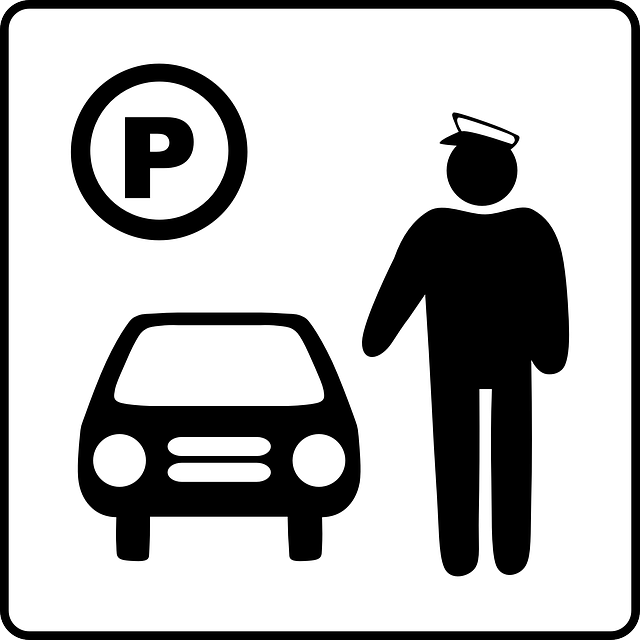Search
This parking company may have assumed that a deaf applicant wasn’t right for a valet job. But, what happens when you assume? 🤔

Image Credit: Pixabay.com (https://pixabay.com/vectors/attendant-car-parking-service-148647/)
Imagine that you operate a valet parking service at a large hotel and you’re looking to hire a parking attendant. Your 10 am interview arrives. You say, “good morning.” He responds in sign language.
He’s deaf.
A deaf parking attendant?!?
What do you do? What if he wants an accommodation to complete the job interview? Is there any reason to go forward at all?
Yes, I can think of 150,000 reasons to take this applicant seriously.
So, can the EEOC, which sued a valet parking service last year because the company allegedly failed to hire a qualified deaf applicant, because of his disability.
Yesterday, the EEOC announced that it had settled the lawsuit for $150,000. Here’s more from the EEOC press release:
According to the EEOC’s lawsuit, [the company] violated the law by refusing to hire a deaf applicant for a valet attendant position based on the assumption that a deaf person could not perform the essential functions of the job rather than conduct an individualized assessment of his abilities.
…
Failure to hire on the basis of stereotypes and assumptions about a disability and the failure to conduct an individualized assessment as to whether a particular disabled applicant can perform the job violates the Americans with Disabilities Act (ADA), as amended.
Not only will the company have to pay $150,000 to settle the claim, but also it must “affirmatively recruit applicants who are deaf and hearing-impaired and to add TTY capability to its discrimination hotline for the use of deaf and hearing-impaired applicants and employees.”
That, and a lot of EEOC-mandated training.
FYI – I am an EEOC-approved trainer, who has trained employers as required under consent decrees. Although, I assume that the folks, like this employer, that could benefit from an EEOC-approved trainer like me don’t read this blog.
What should your business do differently?
For those of you who are reading this blog, I offer this tip, courtesy of the EEOC: “Disabled individuals are entitled to a fair opportunity to work under the ADA, and that includes a fair hiring process. Individuals with disabilities must be evaluated on whether they can perform the essential functions of the job, not on stereotypes or assumptions.”
Other tips:
- If a deaf applicant needs an interpreter, find one.
- Then, consider whether the deaf applicant can perform the essential functions of the job with or without accommodation. If you’re unsure, produce a job description and ask the applicant, “How will you do the job?”
- If you’re still not sure whether a deaf individual can safely perform the essential functions of the job, consult a resource like the Job Accommodation Network, which has an entire section on accommodating deaf employees.
 The Employer Handbook Blog
The Employer Handbook Blog


